The future is digital, and those that know how to develop the technology are increasingly in demand. At UOW we offer a range of courses in computer science and information technology, engineering, and mathematics and physical sciences. You can challenge your analytical mind with advancements in robotics, managing massive data sets, or quantum mechanics. Choose your path by reviewing your options below.
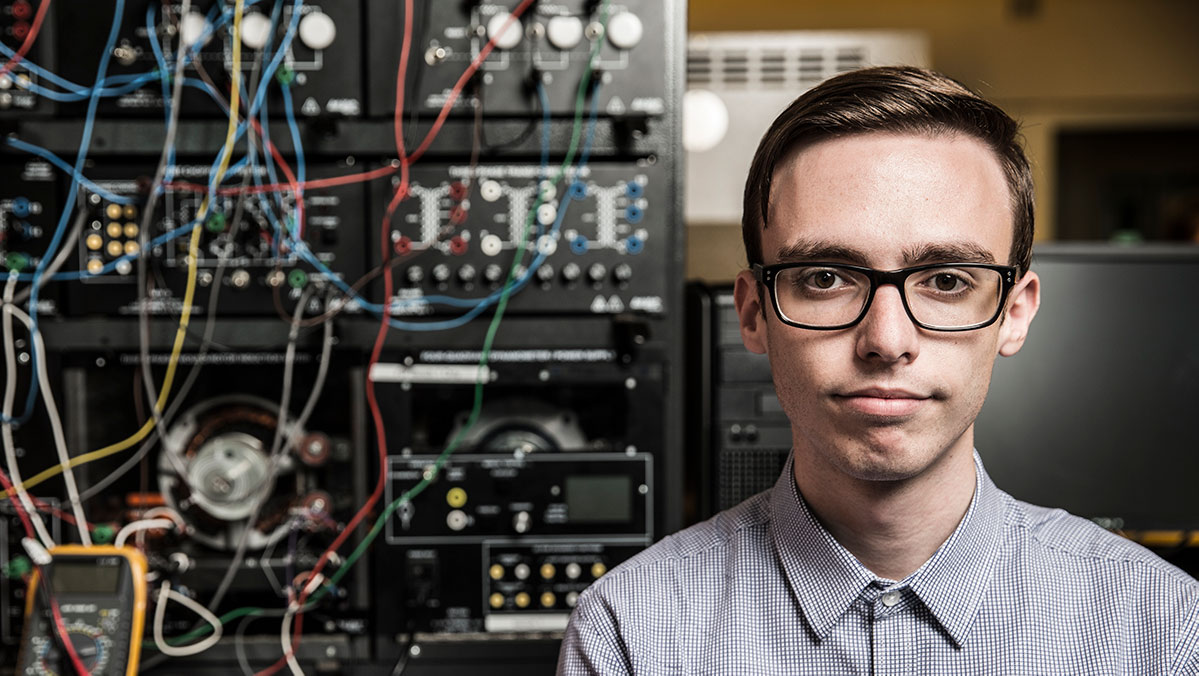
Program our digital future
How will you impact the digital world?

Would you like to program digital functionality that enables better access and creates new opportunities? Are you interested in working with new robotics technologies? Consider computer science and information technology at UOW.

Would you like to engineer a better way of living? Are you interested in exploring robotics technologies, smaller and faster processors, or innovative new materials that bring the future one step closer? A degree in engineering at UOW could be the answer.
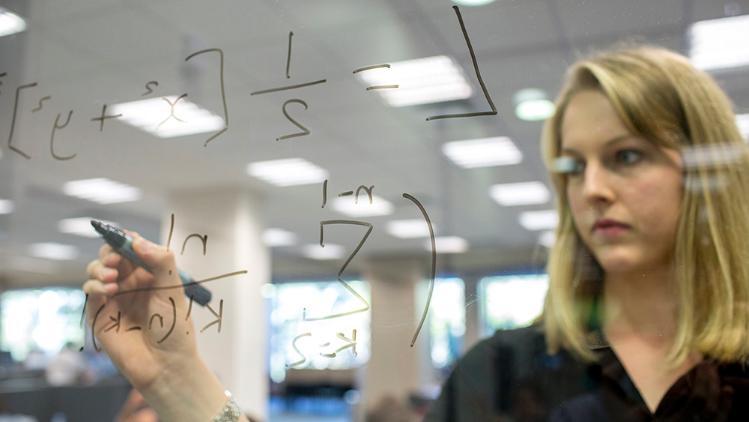
Would you like to use data to solve real-world problems? Do you want to help advance our society by developing new technologies that harness the laws of physics? Studying mathematics and physical sciences at UOW could be for you.
Meet David
I chose UOW because it has one of the best reputations for computer science in all of Australia. I'm now in my third year of uni at UOW in Liverpool. I find the smaller classes here allow for the teachers to get to know you and spend time with you.
Gain in-demand skills
Hear from cryptology expert Senior Professor Willy Susilo and recent graduate Rhiannon Bolton, and learn about the hands-on experiences and opportunities available while studying ICT at UOW. Our graduates are job-ready, with many employed before they graduate.
Alumni stories[Music]
Rhiannon: I think I was interested in computer science because I was interested in like puzzles and problem-solving and I wanted a career with that kind of logical thinking.
Snr Prof Susilo: My research area is in the area of cybersecurity and cryptology. So I'm a cryptographer by training so basically, my research is in the area of how to secure communication over the public channel.
Rhiannon: I think my favourite part of the degree would be how hands-on it is and instead of just learning the theory behind coding or hacking techniques you're actually hands-on in a lab working with other students and your lecturers.
Snr Prof Susilo: Basically our principle is we want to equip students with hands-on experience so the students actually do not study theoretical basis but they will go to the lab they make their hands dirty to make sure that they can practice once they finish then we want to make sure that they are job-ready and once they conclude their study they can directly go to industry.
Rhiannon: So the work I did in clubs and societies gave me the skills and experience to secure a scholarship with Google which took me on a trip to south-east Asia.
Snr Prof Susilo: There are a few ranges of scholarships available for students these are basically sponsored by industry and we encourage our high-achiever students to apply for that and then the scholarship will be able to help them to study.
Rhiannon: As a cyber professional I get to work across a lot of different types of industries and that can take me all across the world.
Snr Prof Susilo: SCT is a very high demand at the moment and also our students are basically they will get a job before even they finish.
Rhiannon: I've just started a graduate position in cybersecurity and at the moment I'm going through rotations of different areas something I didn't realize about cyber is that it's not just hacking or it's not just one particular thing there's a lot of different areas within cyber at the moment I'm moving between them and finding out what I like and I'm excited to specialise.
Snr Prof Susilo: ICT is always changing from time to time so what we learned today is different from what we will need to learn tomorrow so as effectively actually our principle is we want to teach students how to learn for the future.
Rhiannon: The reason I went into computer science is because I was interested in a job that would be that would keep changing and keep being challenging.
Snr Prof Susilo: You have to be very passionate with this profession so effectively we do not really need students who know with the state of the art of what's happening in technology but the students have to be passionate in what they will be doing.
Stories to inspire you

Susan Zhang is a UOW alumna and a creative technologist at Google in London. She works in advertising, specifically delivering data-driven creative ideas and solutions for big-name clients including Burberry, British Airways and Air France.

The trail of data you leave behind as you go about your every day life is like a digital fingerprint that can reveal more than you realise, and even predict your intentions. The ability to harness and interpret this data is a highly sought-after skill that is changing the way we do business, provide healthcare and interact with each other.

Having a maths-loving programmer dad, Rhiannon was exposed to technology from a very young age. She tells her story here and gives advice to any girls thinking of studying STEM at uni.
Become one of the world's most employable graduates
At UOW, you'll develop real-world practical skills and content, not just theory. The latest QILT Employer Satisfaction Survey ranked employers’ overall satisfaction with UOW graduates at 89.6%, placing UOW 1st among NSW universities.
The engineering mindset is in demand, offering a practical way of learning to understand and develop and then continuously improve solutions to technical and social problems. Here is just a sample of careers you can pursue:
- Architectural engineer
- Biomedical engineer
- Computer architect
- Computer systems engineer
- Civil engineer
- Construction manager
- Electronics engineer
- Electrical engineer
- Environmental engineer
- Geotechnical engineer
- Materials engineer
- Mechanical engineer
- Metallurgist
- Mining engineer
- Network engineer
- Production engineer
- Security engineer
- Software engineer
- Structural engineer
- Systems analyst
- Telecommunications engineer
- Transport engineer
- Water quality manager
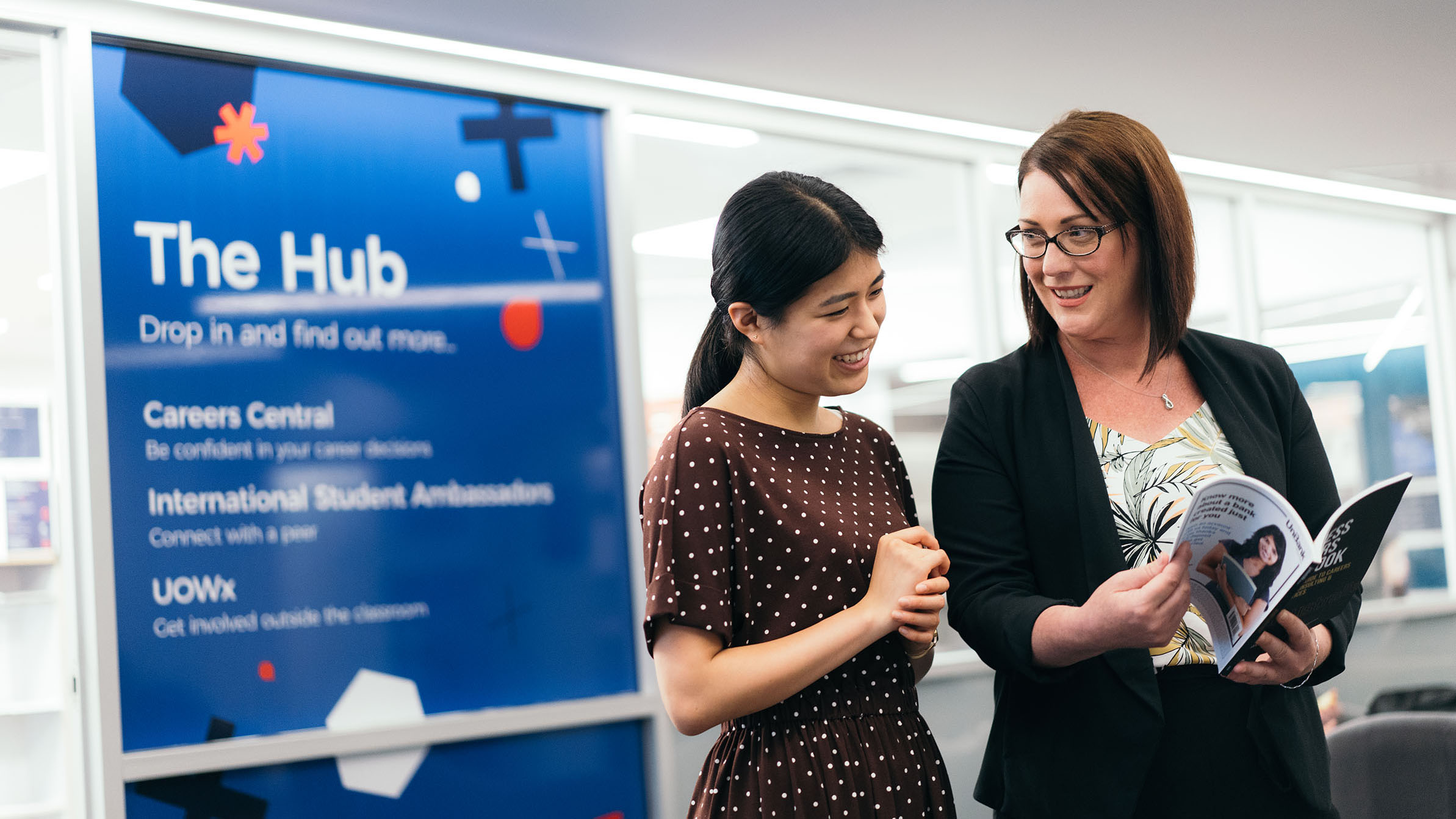
UOW offers a number of services that can help make finding work that fits with your studies a little easier.
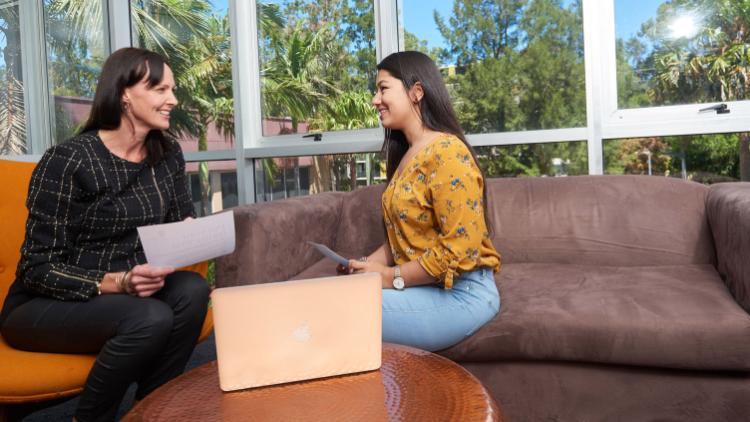
UOW's Careers Central offers advice on the career options that study in a particular discipline can provide, including sample jobs, employers, key skills, professional associations and postgraduate study options.
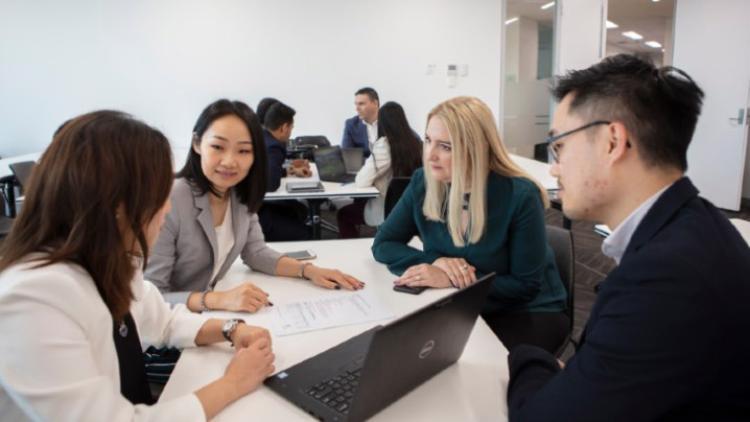
See how UOW can help you connect with potential employers and learn the skills you need to launch your career successfully.